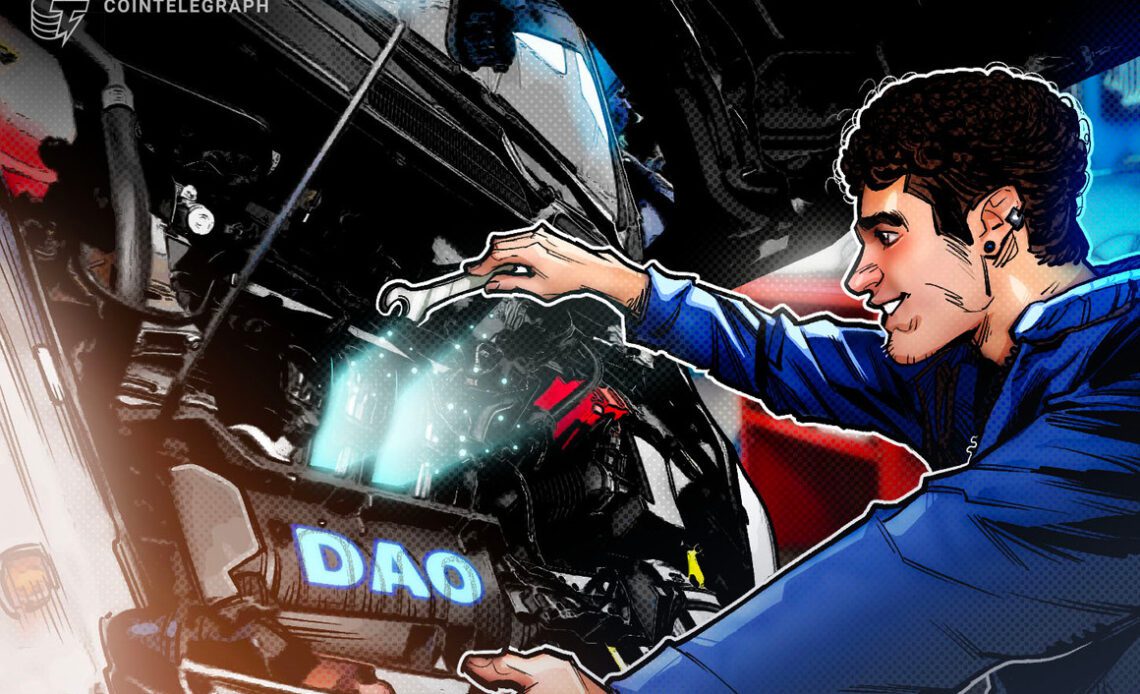Decentralized Autonomous Organizations (DAOs) have been heralded as the future of governance, unlocking a more egalitarian approach to decision-making. However, decentralizing leadership isn’t a magical solution that instantly leads to better results. To truly get the most out of a decentralized organization, steps must be taken to regulate weighted voting and tokenomics. If not carefully balanced, DAOs can implode — and some already have.
Decentralized governance explained
DAOs offer a model for managing a project or company that distributes voting rights across all members. There is usually no central authority, only the will of the collective. While this sounds equitable in theory, the opposite can be true for certain governance models.
Perhaps most problematic of all structures are DAOs that operate on a token-based voting system. Despite being built to be decentralized, token-weighted governance — in which users with the most tokens have the biggest share of voting power — can inadvertently end up handing over control to a few wealthy participants and stripping it away from the many. As is immediately apparent, this completely undermines the philosophy that DAOs were built on and allows wealthy whales to have a disproportionate say.
Related: DAOs are focused more on community than profit. Here’s why
This can wreak more damage than centralization alone; token-based voting systems can lead to hostile takeovers by DAO token whales and other malicious actors — such as in the takeover of the Build Finance DAO. In February, the DAO fell victim to an attacker who held enough assets to push through a proposal giving them total control of the project.
Because of its token-based governance model, this takeover fell entirely in line with the rules, leaving devs or the community little recourse but to fork the project and start from scratch. Clearly, voting weighted by asset allocation isn’t the best way forward.
Overcoming DAO problems
The point is that asset-weighted voting isn’t the ideal means for decentralized governance systems, especially if they seek to replace legacy models. The long-term goal is to be able to run businesses, organizations, and even nations with a decentralized system that meaningfully gives a voice to every individual but also takes into account what that member is providing. Various forms of personalized, blockchain-enforced IDs, as well as a voting structure based on meritocracy, may be just what is needed to balance the…
Click Here to Read the Full Original Article at Cointelegraph.com News…
























